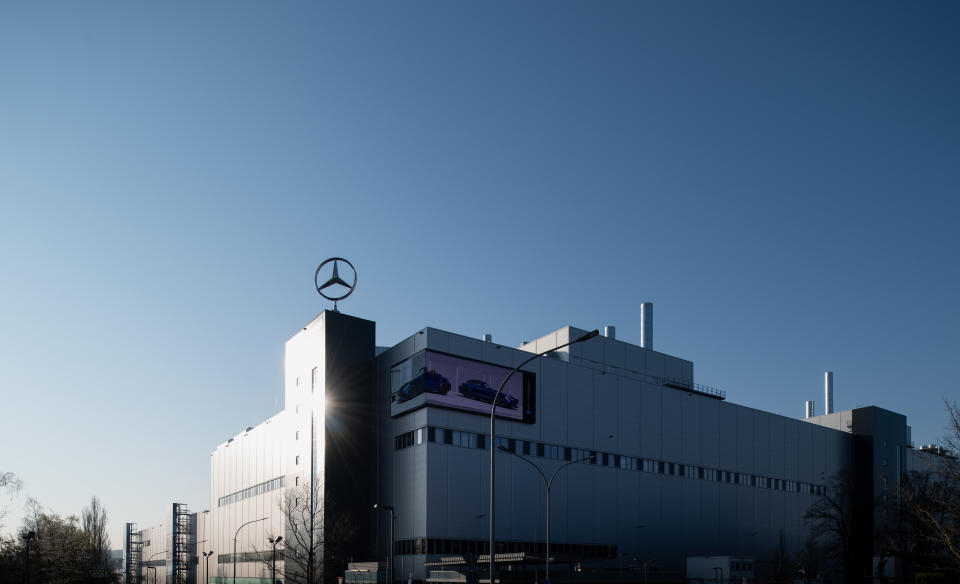Coronavirus: Carmakers slowly reboot plants in Europe after COVID-19 shutdown

Car production came to a standstill across Europe in the middle of March, when automotive companies found their production lines paralysed by stuttering supply chains as coronavirus began its rapid spread across EU countries. Demand for new cars dried up, and governments imposed shutdowns on companies to protect workers and try and curb the spread of COVID-19.
Now carmakers are beginning to tentatively bring plants back online, with fewer shifts and strict hygiene rules in place for workers.
Hyundai (HYMTF) is re-opening its Nosovice plant in the Czech Republic, the first car factory to go back online in that country.
French carmaker Renault (RNO.PA) has started production in Portugal again, and is eyeing bringing the Romania factory back online from next week. Volvo meanwhile says it will reopen its main plant in Torslanda next week.
READ MORE: More than 1 million car industry workers in the EU affected by plant closures
Volkswagen-owned Audi is restarting its Gyoer engine plant in Hungary this week, initially with just one shift, and reportedly planning to begin car production next week.
Volkswagen (VOW.DE) chief executive Herbert Diess said on German TV at the end of March that the company is burning through €2bn (£1.7bn, $2.2bn) in fixed costs per week with plants closed, and it is barely making any sales outside China, where VW factories were reopening.
Daimler (DAI.DE) says it will reopen a few plants from 20 April, as will its rival BMW. Toyota (TM) is following suit, aiming to open both its French and Polish factories from next week.
According to the European Automobile Manufacturers Association (ACEA), as of end of March the automotive plant closures for around two weeks in Europe meant production losses of around 1.5 million cars. The ACEA also noted that the shutdown directly affected over 1 million workers in the sector.
The industry was already bruised from last year, when it caught in the crosshairs of the trade-tariff war and feeling the effects of a slowdown in the vitally important Chinese market.
In Germany, Volkswagen, Daimler, and BMW have put hundreds of thousands of workers on short-hours or sent them home.

 Yahoo Finance
Yahoo Finance 